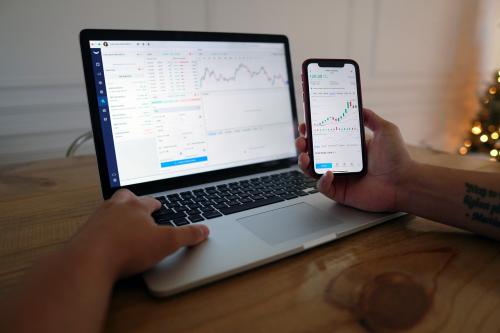A shareholder proposal seeking insight into Goldmans Sachs’ lobbying activities garnered substantial – though not majority – support at the bank’s AGM last week.
According to an SEC filing, 39.4 percent of votes cast at the April 24 meeting backed the proposal, a level of support governance professionals generally regard as significant. Essentially the same proposal attracted 35.6 percent of votes at last year’s AGM.
The resolution, filed by John Chevedden and Oblate International Pastoral Investment Trust, asks that Goldman Sachs prepare a report each year disclosing:
- ‘Company policy and procedures governing lobbying, both direct and indirect, and grassroots lobbying communications
- ‘Payments by [the company] used for (a) direct or indirect lobbying or (b) grassroots lobbying communications, in each case including the amount of the payment and the recipient
- ‘[Goldman Sachs’] membership in and payments to any tax-exempt organization that writes and endorses model legislation
- ‘Description of management’s and the board’s decision-making process and oversight for making payments described in sections 2 and 3 above.’
The proponents note that ‘indirect lobbying’ is that engaged in by a trade association or other organization, and that both ‘direct and indirect lobbying’ and ‘grassroots lobbying communications’ include efforts at the local, state and federal levels.
‘Full disclosure of [Goldman Sachs’] lobbying activities and expenditures is needed to assess whether [the company’s] lobbying is consistent with its expressed goals and shareholders’ interests,’ the proponents state, adding that the bank spent $44 mn between 2010 and 2022 on federal lobbying.
‘[Goldman Sachs’] lack of disclosure presents reputational risks when its lobbying contradicts company public positions. For example, [the company] publicly supports addressing climate change, yet the Business Roundtable opposed the Inflation Reduction Act and its historic investments in climate action,’ the proponents write. ‘Reputational damage stemming from… misalignments could harm shareholder value. Thus it is a best practice for [Goldman Sachs] to expand its lobbying disclosure.’
Board opposition
Goldman Sachs’ board had urged shareholders to vote against the proposal. In the bank’s 2024 proxy statement, it writes: ‘Our statement on policy engagement and political participation… and our existing public disclosures already address the most material requests in the proposal. Preparing the report requested by the proposal would impose an additional administrative burden on our firm without providing material new information to our shareholders. Furthermore, additional disclosure may also raise potential competitive and business-related concerns.
‘As a result, taking into account the immateriality of our lobbying expenditures, the lack of heightened focus from our shareholders on our lobbying activities and expenditures outside the context of this shareholder proposal and our existing public disclosures, we believe that the adoption of the proposal is unnecessary and not in the best interests of our firm or our shareholders.’
The board also states: ‘[W]e instruct trade and industry groups to not use our funds for any election-related activity at the federal, state or local level. This includes contributions and expenditures (including independent expenditures) in support of or in opposition to any candidate for any office, ballot initiative campaign, political party, committee or political action committee…
‘As set forth in our policy statement, we publicly disclose in the reports we file under the Lobbying Disclosure Act expenditures relating to our active grassroots lobbying efforts to inform our employees, shareholders, vendors/suppliers or the small business community that comprises our 10,000 small businesses voices program with respect to legislation or regulation that may impact their interests.’
A Goldman Sachs spokesperson referred a request for comment to the company’s proxy statement and its argument that the firm already discloses much of what the proposal is asking for and that additional reporting would not provide material new information to shareholders.









